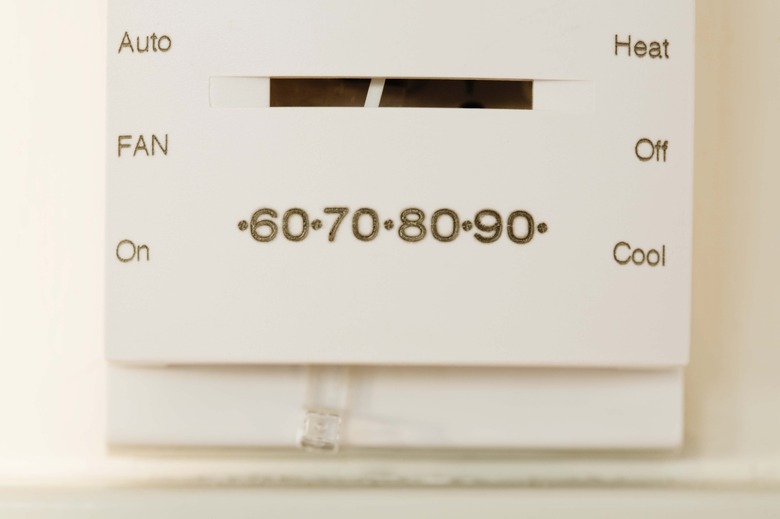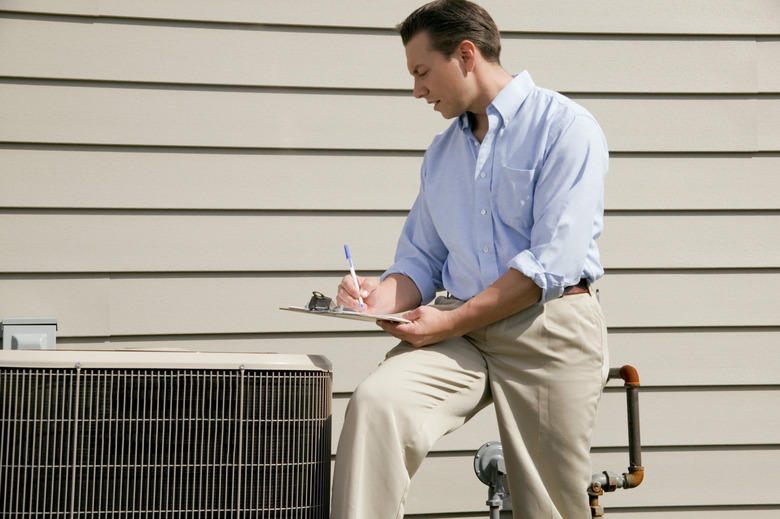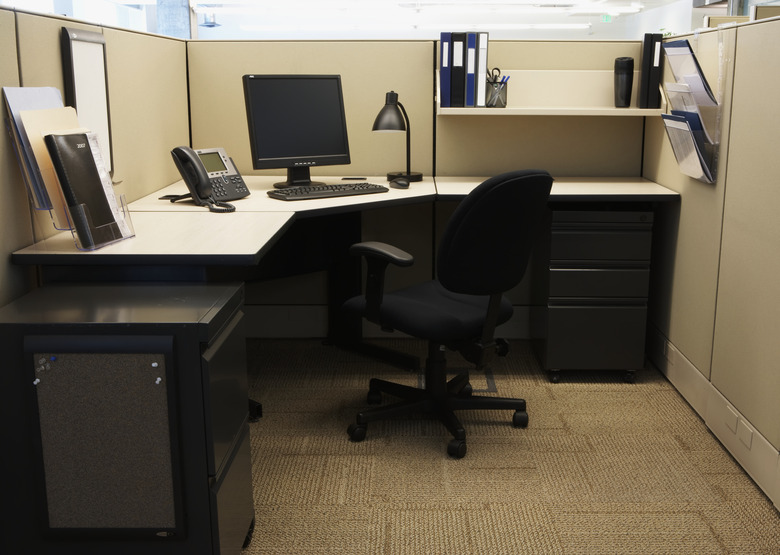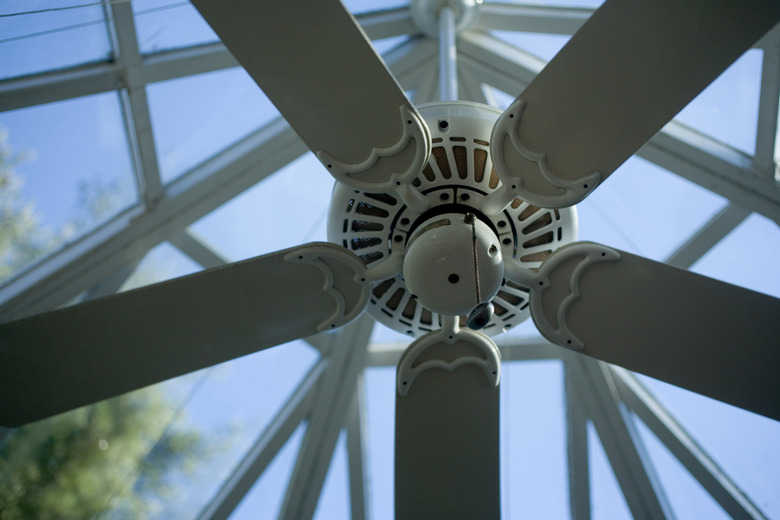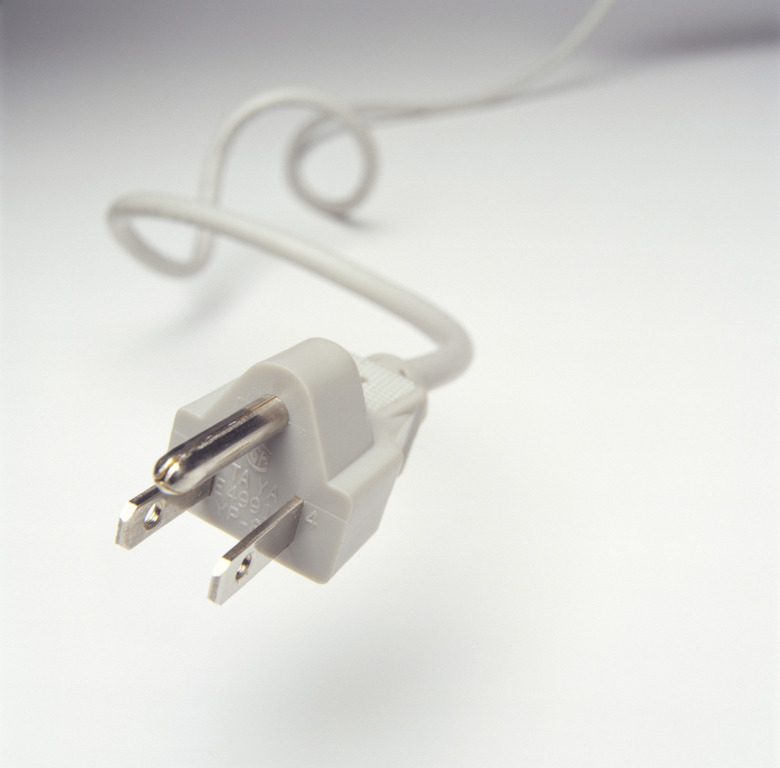Go Green, Save Green: 10 Ways
1. Overview
Making your business energy-efficient is good for your bottom line and the environment. "Going green" by minimizing waste and replacing energy-guzzling equipment with better-optimized models can reduce your business costs and your carbon footprint. Many changes are free or inexpensive; others may involve an initial capital outlay to realize long-term savings.
2. Upgrade and Replace
Become energy efficient. Apply for a grant, loan or incentive to make energy-efficient upgrades to your facilities. Installing a programmable thermostat, solar screens and fans will automate and optimize your heating, ventilating and air-conditioning system.
3. Do Regular Maintenance
Maintain your HVAC system with a regular contract to keep it running efficiently and cost-effectively. Change or clean your HVAC filters every month in peak seasons to save running costs and provide better air quality. Just like a computer, HVAC systems can be tweaked to work better.
4. Solar Energy
Install solar panels on south-facing walls or roofs to reduce utility bills during summer months and if you generate more electricity than you need, you may be able to sell the excess to your utility company. Keep southern windows unobstructed to make the most of solar heat during colder seasons.
5. Turn It Off
Reduce electricity costs by turning off lights and equipment when not in use. Install switch plate sensors to turn lighting off or on automatically when people leave or enter an area. Be sure the sensors are installed so that they can "see" motion in time to turn the lights on.
6. Turn It Down
Save up to 75 percent in operating costs by replacing incandescent light bulbs with compact fluorescent lamps where possible. Compact fluorescent lamps also last up to 10 times longer than standard bulbs. Only use as much light as necessary; over-bright lighting can strain employees' eyes and cause headaches, as well as costing more.
7. Look for the Mark
Buy Energy Star-qualified products whenever possible. The Energy Star mark covers computers, copiers, printers, refrigerators, ceiling fans and other electrical equipment and indicates the most energy-efficient models.
8. Switch to Laptops
Laptops use much less energy than desktop computers, although they may cost more to buy initially. To maximize savings, unplug the AC adapter or put it on a power strip that can be turned off when the laptop is unplugged or switched off. If left plugged in to the AC power, the transformer will continue to draw power even after you've unplugged the laptop.
9. Unplug it
Ensure all appliances are unplugged, not just switched off or left in "standby" mode. Most appliances, including computers and televisions, continue to draw power even when switched off. Don't leave battery chargers plugged in once the batteries are fully charged.
10. Recycle
Reduce waste wherever possible; small changes add up over time. Don't print out emails unnecessarily, use two-sided printing when printing is unavoidable and use recycled paper for in-house and unimportant documents. Recycling is better than disposal, but recycling also uses energy; reducing your total waste product is an even better option.
11. Involve Your Staff
Consider implementing an employee-incentive program to prevent or reduce waste. Offering employees a percentage of the savings made can encourage them to find creative ways to save on waste disposal costs. Involve your employees in the decision-making process and encourage them to put forward their own ideas.
References
Cite This Article
MLA
Phillips, Isobel. "Go Green, Save Green: 10 Ways" sciencing.com, https://www.sciencing.com/go-green-save-green-10-ways-13663524/. 26 September 2017.
APA
Phillips, Isobel. (2017, September 26). Go Green, Save Green: 10 Ways. sciencing.com. Retrieved from https://www.sciencing.com/go-green-save-green-10-ways-13663524/
Chicago
Phillips, Isobel. Go Green, Save Green: 10 Ways last modified March 24, 2022. https://www.sciencing.com/go-green-save-green-10-ways-13663524/

